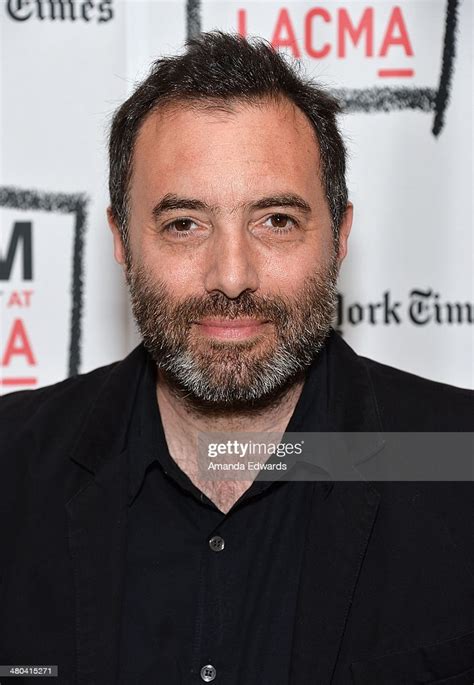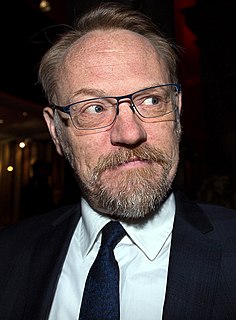A Quote by Richard Shepard
If you have that group of people who are both nice and also creative, then you have surprises like a room with monkeys in them. That has taken a very good scene and just made it a great scene. I want my movies to be visually interesting and to have a lot of energy and be colorful and full of life.
Related Quotes
The scene of independent cinema is already a large scene in America, and not in a negative way, but it's cluttered. It's very populated with just American films, so the room left for foreign movies is not extremely vast. The American public also does not really read. They don't read subtitles. But we're like that in Canada, too.
I really like the Chris-R scene and of course the "you are tearing me apart Lisa" scene. The reason I love the Chris-R scene is because we worked really hard to finish it. It's not just that though, it brings people together. Everyone is one the roof together by the end of the scene. You see the perspectives of the different characters. I feel like with all the connections in this scene that the room connects the entire world
My editor and I remain very disciplined. It's just sometimes when you're making a film, you get into the cutting room and you see a scene that's slowing you down in a certain section, but if you remove that scene then, emotionally or story-wise, another scene a half-hour later won't have the same impact. You just get stuck with it.
Like every novelist, I fantasise about film. Novelists are not equipped to make a movie, in my opinion. They make their own movie when they write: they're casting, they're dressing the scene, they're working out where the energy of the scene is coming from, and they're also relying tremendously on the creative imagination of the reader.
Sometimes people that are very good at improvisation in life, meaning like stage improvisation, aren't good in films because you have to ultimately take a scene where it needs to go. It's not about just saying something that's funny. You can say something funny but if it's not on story or driving the scene to its end it's really not very helpful at all.
For me, in movies, it's always a mixed bag. I've never made a movie where I thought, "You were really good in that movie; you were good all the time." No. It's always, "You didn't get it, you didn't do it in that scene, but the other scene is pretty good." So I just hope that in balance there's more good scenes than not.
have a much harder time writing stories than novels. I need the expansiveness of a novel and the propulsive energy it provides. When I think about scene - and when I teach scene writing - I'm thinking about questions. What questions are raised by a scene? What questions are answered? What questions persist from scene to scene to scene?
I've begun to believe more and more that movies are all about transitions, that the key to making good movies is to pay attention to the transition between scenes. And not just how you get from one scene to the next, but where you leave a scene and where you come into a new scene. Those are some of the most important decisions that you make. It can be the difference between a movie that works and a movie that doesn't.




































